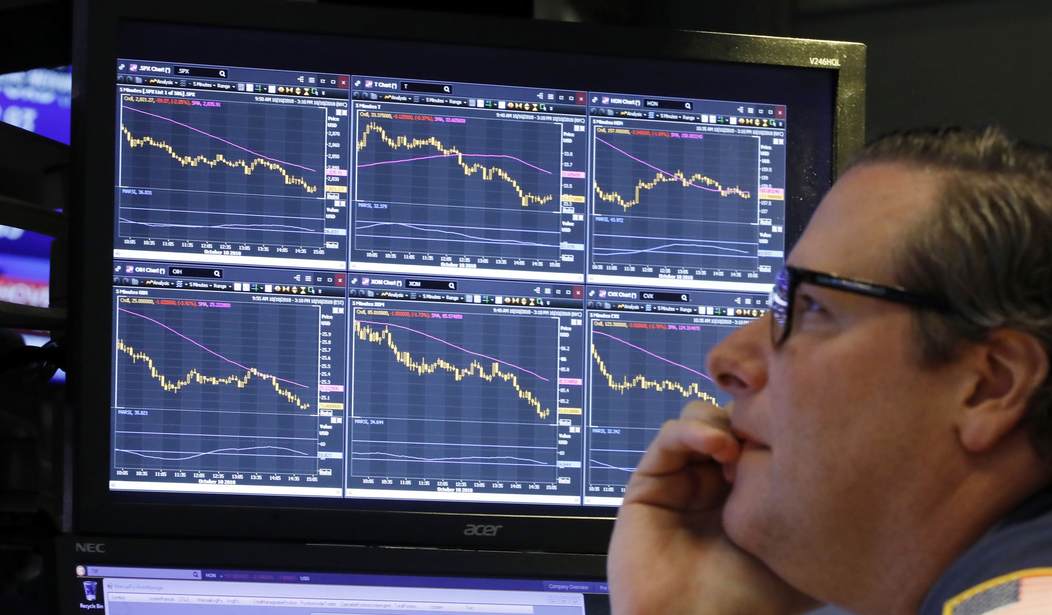Recently, Novo Nordisk stock — the multinational pharmaceutical corporation that manufactures and markets Ozempic to American fats as an obesity cure-all — surpassed Tesla’s stock valuation.
Via Reuters (emphasis added):
Novo Nordisk (NOVOb.CO) on Thursday surpassed Tesla Inc (TSLA.O) in market valuation after the maker of the popular weight-loss drug Wegovy announced positive early trial data for a highly anticipated new obesity drug.
Shares surged more than 8% to record highs, shooting Novo Nordisk up in global rankings to the 12th most valuable company from 14 previously, after it told investors a Phase I trial of the pill version of experimental drug amycretin showed participants lost 13.1% of their weight after 12 weeks.
We can expect that stock price to jack even higher once the industry, through its “nonprofit” front groups, successfully appropriates taxpayer money to subsidize Ozempic for all of the millions of American fats on Medicare.
Related: Diverse Fat Activist Gets Paid to Lie to Children About Nutrition for Corporate Profit
In related news, Wall St. is bullish on Ozempic prescribed at scale boosting U.S. GDP.
Via Reuters (emphasis added):
The widespread use of powerful new weight-loss drugs in the United States could boost gross domestic product by 1% in the coming years as lower obesity-related complications are likely to boost workplace efficiency, according to Goldman Sachs.
Some analysts have predicted the market for weight-loss drugs could reach $100 billion a year by the end of the decade, with Ozempic maker Novo Nordisk (NOVOb.CO), opens new tab and Mounjaro producer Eli Lilly (LLY.N), opens new tab leading the race.
The class of drugs, called GLP-1 agonists, are being keenly pursued by several companies and more could enter the market depending on clinical trials. The use of GLP-1s could increase by anywhere between 10 to 70 million consumers by 2028, Goldman Sachs said on Thursday.
‘If GLP-1 usage ultimately increases by this amount and results in lower obesity rates, we see scope for significant spillovers to the broader economy,’ Goldman economists said in a note.
‘Academic studies find that obese individuals are both less likely to work and less productive when they do.’
You will note a distinct lack of emphasis, or even passing mention, of the relative benefits and drawbacks of a lifelong Ozempic prescription for actual humans.
That would be because Goldman Sachs doesn’t give a flip about human well-being, which it has explicitly, brazenly stated to its clients.
Via Consumer Affairs (emphasis added):
In a report recently published for its biotech clients, Goldman Sachs questioned whether curing people is good for business.
‘Is curing patients a sustainable business model?’ the company's analysts asked in an April 10 report about promising research into the human genome. The Goldman Sachs report, which was obtained by CNBC, does not answer that uncomfortable question directly.
But it does point to pharmaceutical company Gilead Sciences as a cautionary tale. The company introduced a treatment for hepatitis C in 2015 that cured more than 90 percent of patients. In the years since, sales of the treatment dropped drastically, according to Goldman Sachs.
While ‘one shot’ cures are one of the most popular aspects of genome research, ‘such treatments offer a very different outlook with regard to recurring revenue versus chronic therapies,’ Goldman Sachs analyst Salveen Richter reportedly wrote to clients.
"’While this proposition carries tremendous value for patients and society, it could represent a challenge for genome medicine developers looking for sustained cash flow,’ he added.
“Nowadays people know the price of everything and the value of nothing.”
-Oscar Wilde, The Picture of Dorian Gray










